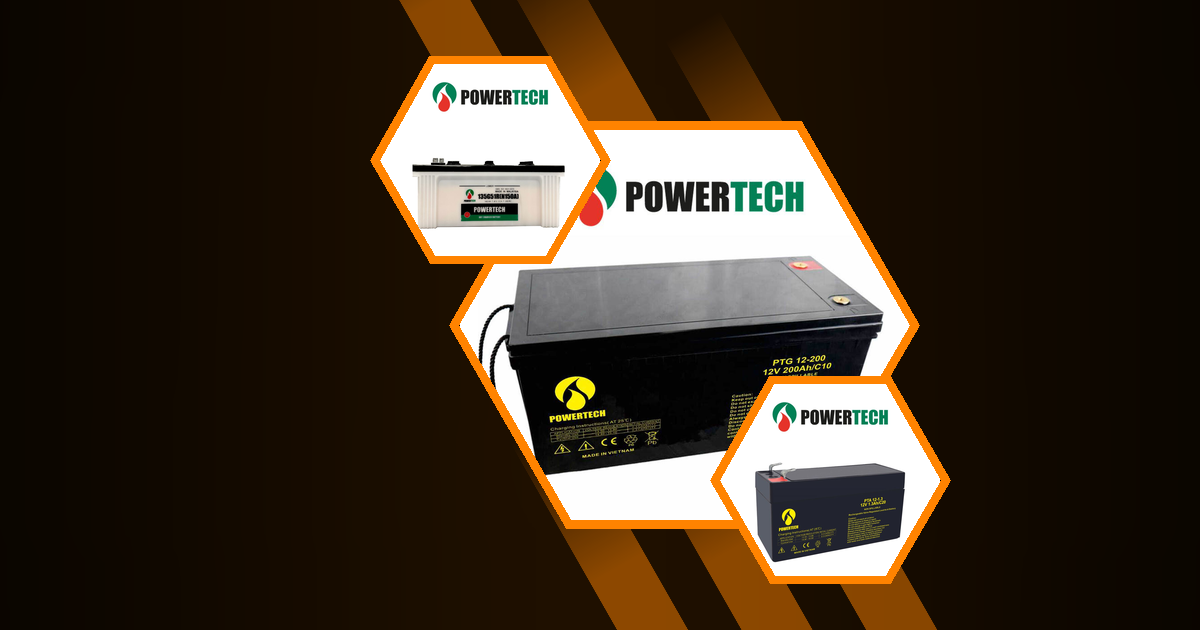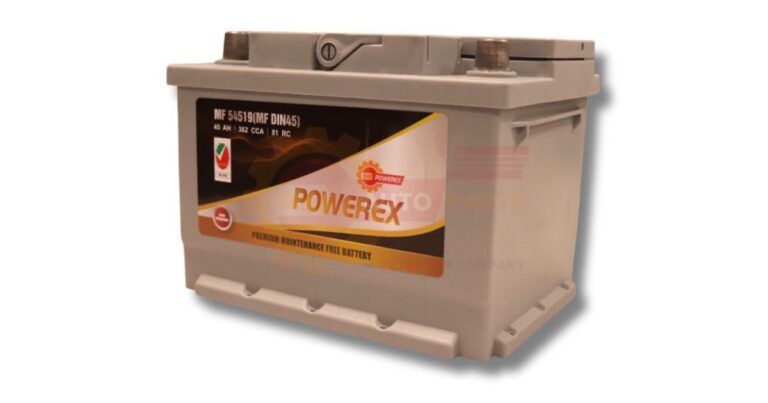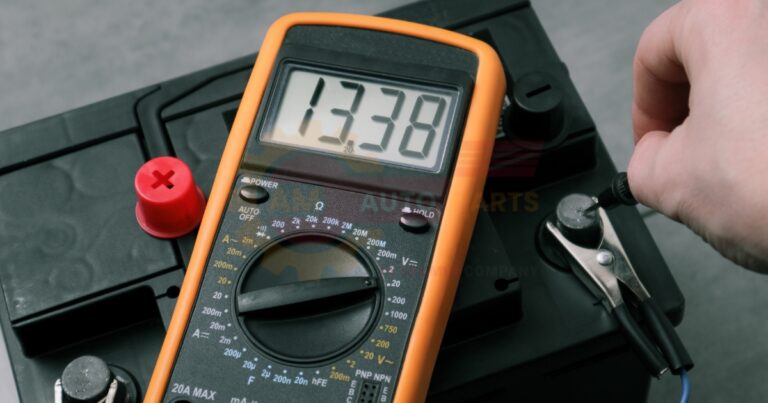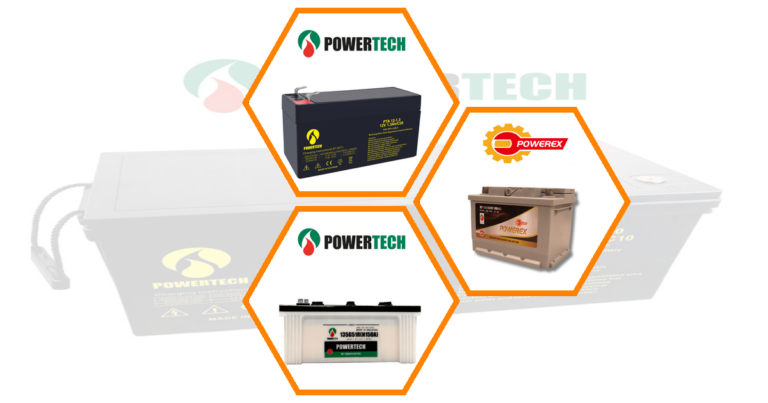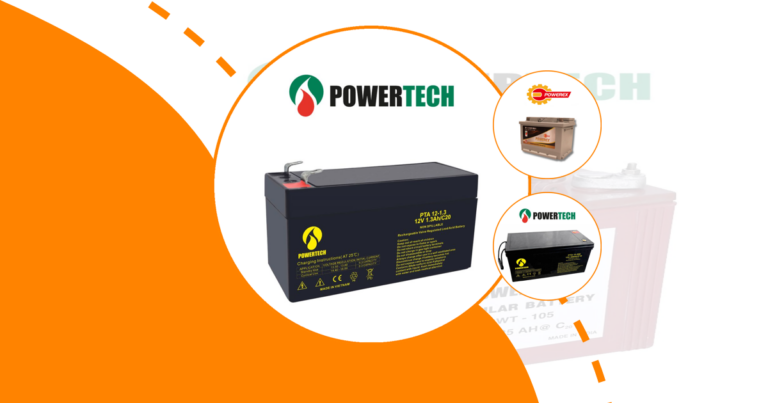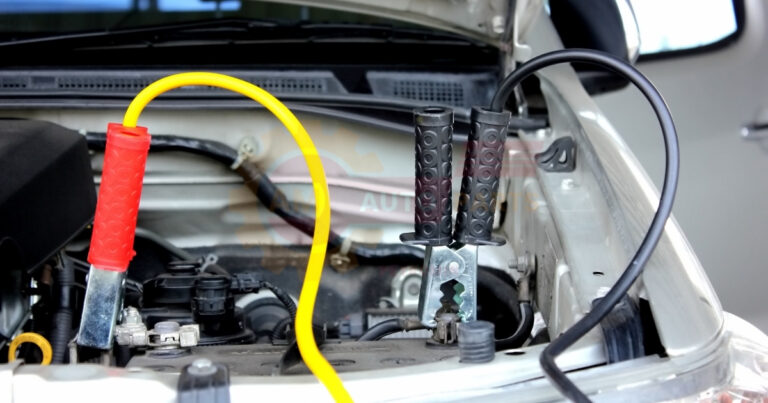How Much Is a Car Battery for Honda Civic
When it comes to maintaining your Honda Civic, one of the essential components to keep an eye on is the car battery. Understanding how much is car battery for Honda Civic, how much is car battery Honda Civic, and the factors influencing its cost can help you make informed decisions. In this comprehensive guide, we’ll explore everything you need to know about Honda Civic batteries, from types and costs to maintenance tips and replacement options.
Average cost range for Honda Civic batteries
The cost of a car battery for a Honda Civic can vary significantly based on several factors. On average, you can expect to pay between 0 and 00 for a new battery. This range accounts for different battery types, brands, and quality levels. It’s essential to consider your specific needs and budget when selecting a battery.
- Basic Lead-Acid Battery : 0 – 00
- AGM Battery : 00 – 50
- Premium Lithium-Ion Battery : 50 – 00
Factors affecting battery prices
Several factors can influence the price of a Honda Civic battery. The type of battery, its brand, and the warranty coverage are some of the primary considerations. Additionally, the battery’s size and capacity can also impact the cost. Understanding these factors can help you choose the right battery for your vehicle.
- Battery Type : Lead-acid, AGM, or Lithium-ion
- Brand Reputation : Well-known brands may cost more
- Warranty Coverage : Longer warranties often come with higher prices
Types of batteries suitable for the Honda Civic
Lead-acid batteries
Lead-acid batteries are the most common type used in vehicles, including the Honda Civic. They are affordable and reliable, making them a popular choice for many drivers. However, they require regular maintenance to ensure optimal performance.
- Pros : Cost-effective, widely available
- Cons : Requires maintenance, shorter lifespan
AGM batteries
AGM (Absorbent Glass Mat) batteries are a step up from traditional lead-acid batteries. They offer better performance and are maintenance-free. AGM batteries are ideal for vehicles with high electrical demands, such as those with advanced infotainment systems.
- Pros : Maintenance-free, better performance
- Cons : Higher cost than lead-acid
Lithium-ion batteries
Lithium-ion batteries are the latest innovation in automotive battery technology. They are lightweight, have a longer lifespan, and provide superior performance. However, they come at a premium price and may not be necessary for all Honda Civic models.
- Pros : Lightweight, long-lasting
- Cons : Expensive, not always necessary
Factors influencing Honda Civic battery costs
Battery size and capacity
The size and capacity of a battery can significantly affect its price. Larger batteries with higher capacities are generally more expensive. It’s crucial to choose a battery that matches your vehicle’s specifications to ensure compatibility and performance.
- Size : Larger batteries cost more
- Capacity : Higher capacity equals higher price
Brand and quality
The brand and quality of a battery can also impact its cost. Well-known brands with a reputation for reliability may charge more for their products. However, investing in a high-quality battery can save you money in the long run by reducing the need for frequent replacements.
- Reputable Brands : Often more expensive
- Quality Assurance : Higher quality means better performance
Warranty coverage
Warranty coverage is an essential factor to consider when purchasing a battery. Batteries with longer warranties may cost more upfront but can provide peace of mind and potential savings if issues arise. Always check the warranty terms before making a purchase.
- Longer Warranties : Higher initial cost
- Peace of Mind : Protection against defects
Where to buy Honda Civic batteries
Dealerships
Purchasing a battery from a dealership ensures you get a product specifically designed for your Honda Civic. Dealerships often offer installation services, which can be convenient. However, prices at dealerships may be higher than other options.
- Pros : Genuine parts, installation services
- Cons : Higher prices
Auto parts stores
Auto parts stores offer a wide range of battery options for Honda Civics. They provide competitive pricing and knowledgeable staff to help you choose the right battery. Many stores also offer installation services for an additional fee.
- Pros : Competitive pricing, knowledgeable staff
- Cons : Installation may cost extra
Online retailers
Online retailers like AM Autoparts offer convenience and often lower prices for Honda Civic batteries. You can compare different brands and models from the comfort of your home. However, you’ll need to handle the installation yourself or hire a professional.
- Pros : Convenience, lower prices
- Cons : No installation services
Signs it’s time to replace your Honda Civic battery
Slow engine crank
A slow engine crank is a common sign that your battery may be failing. If your engine takes longer than usual to start, it could indicate that the battery is losing its charge. Addressing this issue promptly can prevent further complications.
- Symptom : Engine takes longer to start
- Action : Test battery charge
Electrical issues
Electrical issues, such as dimming headlights or malfunctioning electronics, can also signal a failing battery. These problems occur when the battery cannot provide sufficient power to the vehicle’s electrical systems.
- Symptom : Dimming lights, electronic malfunctions
- Action : Check battery health
Battery age
The age of your battery is a crucial factor in determining when it needs replacement. Most car batteries last between 3 to 5 years. If your battery is approaching this age range, it’s wise to have it tested and consider a replacement.
- Lifespan : 3 to 5 years
- Recommendation : Test battery regularly
How to extend the life of your Honda Civic battery
Regular maintenance tips
Regular maintenance can significantly extend the life of your Honda Civic battery. Cleaning the battery terminals and ensuring a secure connection can prevent issues. Additionally, checking the battery’s charge level periodically can help you catch problems early.
- Clean Terminals : Prevents corrosion
- Secure Connections : Ensures proper function
Proper charging practices
Proper charging practices are essential for maintaining your battery’s health. Avoid overcharging or undercharging, as both can reduce the battery’s lifespan. Using a quality charger and following the manufacturer’s guidelines can help.
- Avoid Overcharging : Reduces lifespan
- Use Quality Charger : Ensures optimal performance
Avoiding extreme temperatures
Extreme temperatures can negatively impact your battery’s performance. In hot weather, the battery fluid can evaporate, while cold weather can reduce its capacity. Parking in a garage or shaded area can help mitigate these effects. Radio drains automobile when left on for long periods while the engine is off This can slowly deplete the car battery if done repeatedly Automotive voltage assessment checks if a car’s electrical system is working right It helps find problems with the battery alternator and other electrical parts in vehicles
Ideal car voltage A car battery should have about 12 to 14 volts for the vehicle to run properly Charge depleted battery means your device has no power left You need to plug it in to recharge the
Battery Issues Symptoms can include your device turning off unexpectedly or not holding a charge for very long Your phone or laptop might also get hot or take a long time to charge when experiencing Car battery recommendations Choose a battery that fits your car’s size and power needs and replace it every 3 to 5 years to keep your vehicle running smoothly
BMS enhances longevity by helping our bodies work better and stay healthy for longer This system supports our cells and organs to function well as we age Battery selection guide Choose the right battery for your device by looking at size voltage and how long it lasts
- Hot Weather : Causes fluid evaporation
- Cold Weather : Reduces capacity
DIY vs. professional battery replacement
Tools required for a DIY replacement
If you choose to replace your Honda Civic battery yourself, you’ll need some basic tools. These include a wrench, gloves, and safety goggles. Having the right tools ensures a safe and efficient replacement process.
- Wrench : For removing battery terminals
- Gloves and Goggles : For safety
Steps for replacing a Honda Civic battery
Replacing a Honda Civic battery involves several steps. First, disconnect the negative terminal, followed by the positive terminal. Remove the old battery and install the new one, ensuring a secure connection. Finally, reconnect the terminals in reverse order.
- Disconnect Terminals : Negative first
- Install New Battery : Ensure secure connection
Benefits of professional installation
Opting for professional installation offers several benefits. Professionals have the expertise to ensure a proper fit and connection. Additionally, they can dispose of the old battery safely and responsibly.
- Expertise : Ensures proper fit
- Safe Disposal : Environmentally responsible
FAQ’s
How long does a Honda Civic battery typically last?
A Honda Civic battery typically lasts between 3 to 5 years. This lifespan can vary based on factors such as driving habits and climate conditions. Regular maintenance can help extend the battery’s life.
Can I use a different brand battery in my Honda Civic?
Yes, you can use a different brand battery in your Honda Civic as long as it meets the vehicle’s specifications. It’s essential to choose a battery with the correct size, capacity, and terminal configuration. Consulting your owner’s manual can provide guidance.
What size battery does a Honda Civic use?
The size of the battery your Honda Civic uses depends on the model and year. Most Honda Civics require a Group 51R battery. Checking your owner’s manual or consulting a professional can ensure you select the correct size.
How often should I replace my Honda Civic battery?
You should consider replacing your Honda Civic battery every 3 to 5 years. Regular testing can help determine the battery’s health and when a replacement is necessary. Addressing battery issues promptly can prevent unexpected breakdowns.
Are Honda Civic batteries covered under warranty?
Honda Civic batteries may be covered under warranty, depending on the manufacturer and purchase location. It’s essential to review the warranty terms when buying a new battery. A warranty can provide peace of mind and protection against defects.
